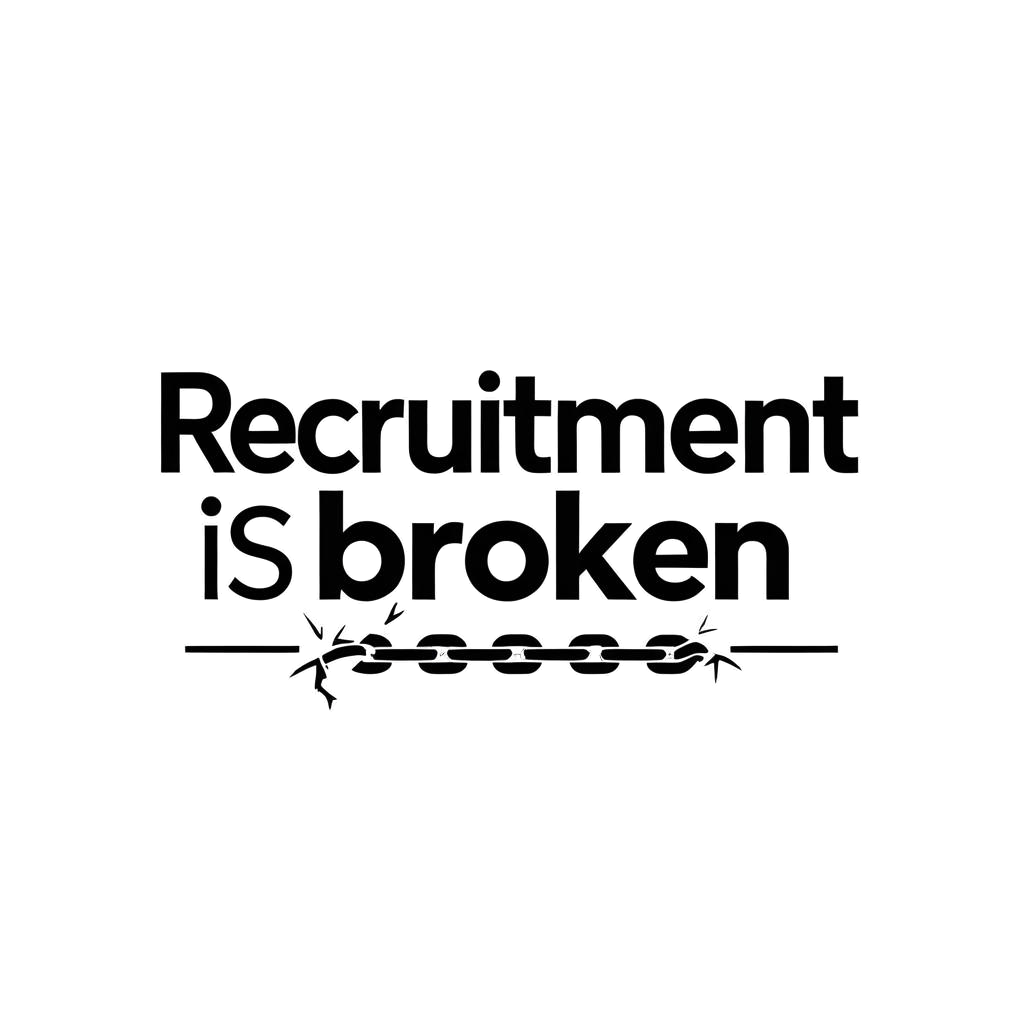Why Tech Professionals Need Interview Coaching Now
Getting a job in the IT business involves more than simply having the right talents. When you interview for a job, employers want you to be able to articulate what you know effectively, link technical answers to business demands, and handle stress. A lot of really talented professionals lose out on chances because they have trouble presenting themselves with confidence. This is where coaching for technology interviews really helps. It provides applicants a method to be ready in a planned, thoughtful approach that lets them show off their skills well. Structured coaching is not a luxury but a need for those who want to get their next job in today's fast-paced job market.
Mastering Both Technical and Behavioral Questions
Technology interviews are usually not limited to solving technical issues most of the time. Besides coding tests and whiteboard tests, employers desire to understand how a candidate collaborates, leads or copes with stress, among others. Many practitioners feel confident about dealing with technical problems, whereas behavioral jobs demonstrate their ability to work successfully with their colleagues and communicate effectively. Through technology interview coaching, candidates get to know how to balance the two sides. The coaches prepare students to tough technical rounds as well as help them formulate answers to behavioral and situational questions. This two-part test ensures that the applicants do not just show that they possess the required abilities to do the job, but they also show that they can operate well in changing team environments.
Anticipating Tricky Threads in Interview Conversations
Hiring managers typically assess applicants by asking follow-up questions on their replies. A simple answer regarding a project might lead to a lot of inquiries about choices, problems, and trade-offs. When talks take unexpected turns, many candidates are taken off guard. Professionals practice how to handle these circumstances well with technology interview coaching. They learn how to keep their confidence while organizing their ideas, making things clearer, and giving organized responses. Being ready for tough follow-up questions makes a big impact because it helps candidates stay calm under pressure. The consequence is a better and more consistent performance that sticks in interviewers' minds.
Building Confidence Through Structured Preparation
A lot of the time, experienced techies lack confidence. Even those with great resumes may feel nervous when they have to go through two rounds in a row. Structured preparation via technology interview coaching lets professionals practice their approach until it becomes natural. This preparation isn't only about remembering answers; it's also about being better at talking to people. Candidates get the confidence to explain difficult concepts in simple, unambiguous words by rehearsing real-life situations. They become less frightened and learn how to think swiftly with each practice session. The confidence you build may frequently make the difference between becoming a finalist and getting the job offer.
Standing Out in a Competitive Job Market
Hundreds of people apply for technology jobs, and interviews are meant to carefully choose the best prospects. It's not enough to only have strong technical skills nowadays. Candidates need to demonstrate that they can do more than just code by proving that they can solve problems, lead, and adapt. Coaching for technology interviews helps applicants stand out by helping them change their approach to meet the needs of employers. Instead of giving vague replies, they provide systematic examples that show how their abilities may make a difference in the actual world. This skill of turning experience into value offers them an advantage in congested recruiting pools, letting them stand out to interviewers and hiring managers.
The Value of Feedback and Continuous Improvement
Getting constructive criticism is one of the best things about technology interview coaching. A lot of professionals practice on their own and don't know what they're doing incorrectly. A coach points out blind spots, including when someone talks too much, doesn't sell their accomplishments enough, or doesn't have a clear framework in their answers. Candidates may swiftly make changes and become better thanks to this feedback loop. They become better at communicating, giving examples, and delivering over the course of many sessions. This method makes sure they keep becoming better instead of making the same errors over and over again. Candidates who spend time on guided practice turn their flaws into strengths, which immediately boosts their chances of getting offers for jobs that are in high demand.
Preparing for Evolving Interview Formats
Technology interviews are always evolving, and different firms are coming up with novel ways to do them. Some jobs are more about designing systems, while others are more about case studies or actual coding assignments. Virtual interviews are becoming the standard, which comes with its own set of problems. Technology interview tutoring helps professionals stay ready for these new styles. Coaches give you practice tests and teach you how to do well on them. Candidates become used to many configurations by practicing in them, so they are ready for any format. This adaptability is a great strength since it means they can do well in any interview setting with confidence and clarity.
Conclusion
Interviews are harder than ever in today's employment market, so the best way to be ready is to do your research. Technology interview coaching gives professionals the skills they need to deal with technical problems, behavioral inquiries, and changing interview styles. Candidates have a far better chance of getting the jobs they want if they rehearse in an organized way, get feedback, and improve their confidence. Coaching is not optional for those who want to remain ahead and make the most of every chance they have. Visit recruitmentisbroken.com to learn more about how to improve your preparation and take the first step toward your next professional goal.


